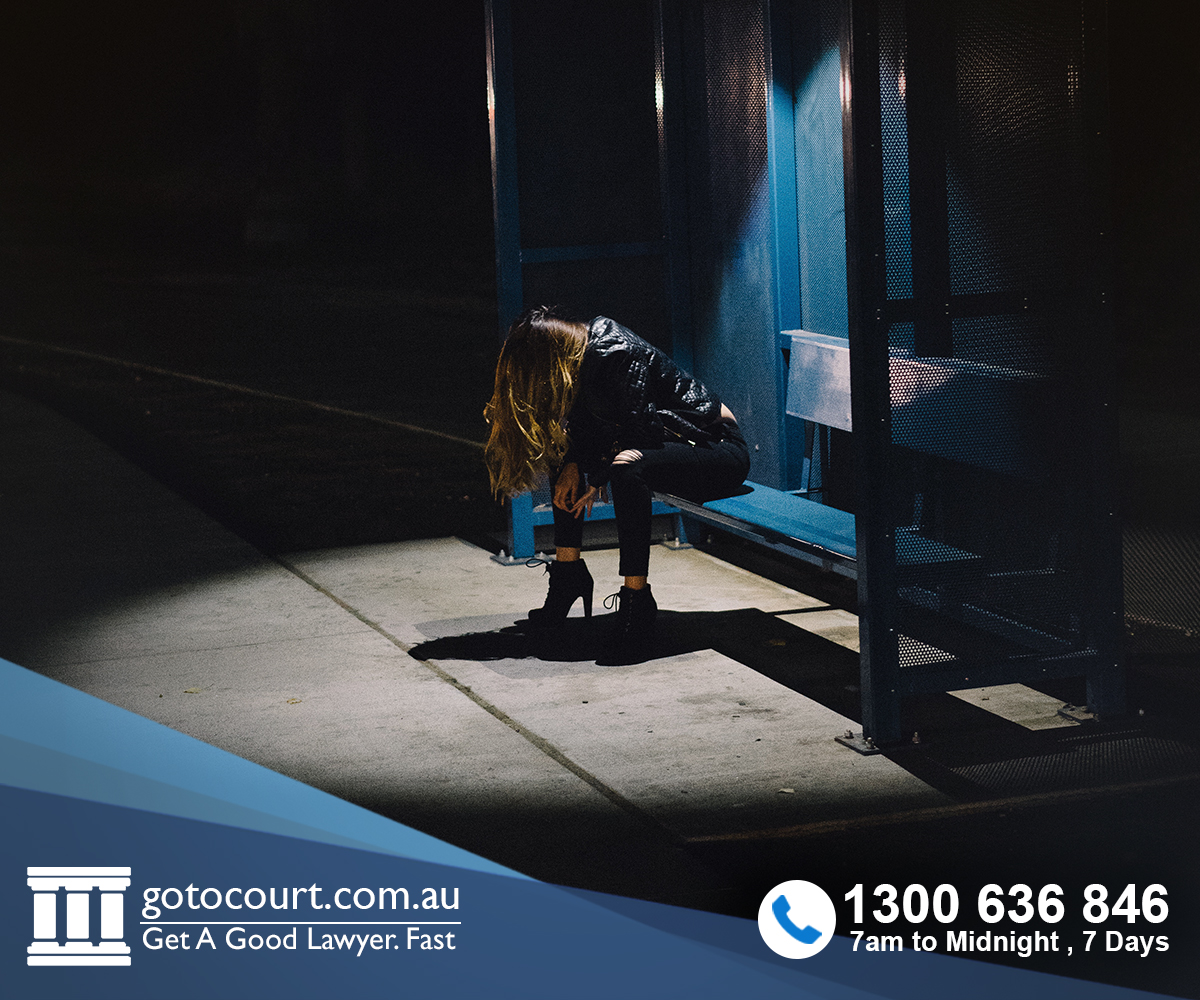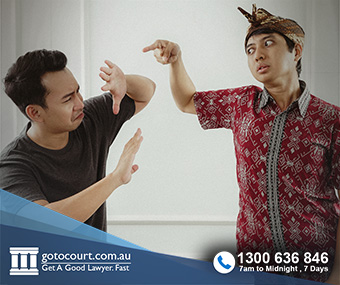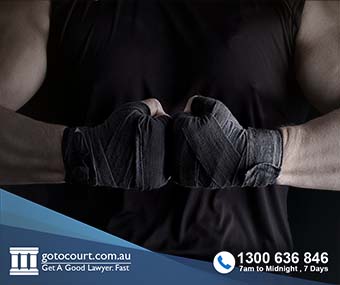Youth Detention (SA)
In South Australia, young people between the ages of 10 and 18 can be remanded in or sentenced to youth detention. Youth detention centres in SA are known as Youth Training Centres. The centres are managed by the Department of Youth Justice and detainees attend school and other programs and activities whilst in detention.
In some circumstances, a young person who is over 18 may be ordered to serve a sentence in youth detention or to continue serving their sentence in detention after turning 18.
Age of criminal liability
The age of criminal liability in South Australia is 10. This is the same in all Australian states and territories. A child younger than 10 cannot be charged with a criminal offence. If a child under 10 commits an act that would be an offence if committed by an older person, they will be dealt with outside of the justice system, such as by parental discipline or counselling.
Youth Court
In most cases, the Youth Court deals with offenders between the ages of 10 and 18. However, if a young person is charged with serious indictable offences, the matter will be finalised in the District Court or Supreme Court after a committal hearing has taken place.
Bail and remand
Children who are arrested and charged with offences may be granted bail under the Bail Act 1985. Bail may be granted by police after the young person has been charged. If police do not grant bail, they must ensure the young person is brought before a court as soon as possible (usually on the next business day). The young person will generally be held in the police cells until this is possible.
Bail is generally granted where the young person is not considered to pose an unacceptable risk to the community and is likely to attend court to deal with the charges. Bail is granted on conditions suitable to the alleged offender’s situation and the allegations involved. Bail conditions may include a curfew, abstinence from alcohol, and non-association with any alleged co-offenders.
If bail is refused, the young person will be held in youth detention on remand until their matter is finalised or until bail is granted.
Youth detention and human rights
Children who are held in youth detention must be kept separate from adults in custody, whether they are in the police cells or in a detention centre. This is specified in the Young Offenders Act and is also a principle of the Convention on the Rights of the Child, to which Australia is a signatory.
The Convention also states that children should only be detained as a last resort and for the shortest period of time appropriate. It requires children in detention to be treated with humanity and in a way that takes into account the needs of persons of their age. Children in detention must be given prompt access to legal advice.
Sentences of detention
Under Section 23 of the Young Offenders Act, when the Youth Court finds a young person guilty of an offence that is punishable by imprisonment when committed by an adult, it may sentence the young person to:
- Detention in a training centre for a period of up to three years;
- Home detention for a period of up to 12 months; or
- Detention for up to two years, followed by home detention for up to 12 months.
Training Centre Review Board
The Young Offenders Act established the Training Centre Review Board. The Board is responsible for conducting reviews of the progress and circumstances of young people who are serving sentences of detention.
If a youth is going to turn 18 before the completion of their sentence, the Training Centre Review Board must, prior to their 18th birthday, review whether the young person should be transferred to an adult prison. If the Board determines that the youth should be moved to adult prison, then the transfer will occur when they turn 18.
Conditional release
The Training Centre Review Board can order that a youth in detention be conditionally released. The circumstances in which this can occur depends on whether the young person is a recidivist or a non-recidivist.
A non-recidivist youth may be conditionally released when they have completed at least two-thirds of their sentence, must have been of satisfactory behaviour whilst in detention and must pose no undue risk of reoffending. The Board must also take into account the likely impact of their early release on the victim (if there is one).
A recidivist youth may be conditionally released when they have completed at least four-fifths of their sentence. The Board must consider the likelihood of the person reoffending, the likelihood of them complying with conditions, their behaviour in youth detention and other relevant circumstances.
If you require legal advice or representation in a criminal law matter or in any other legal matter, please contact Go To Court Lawyers.






